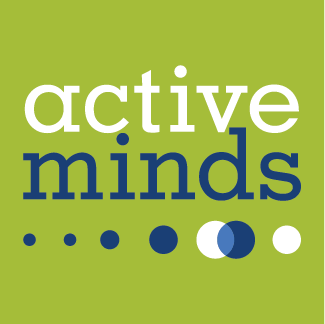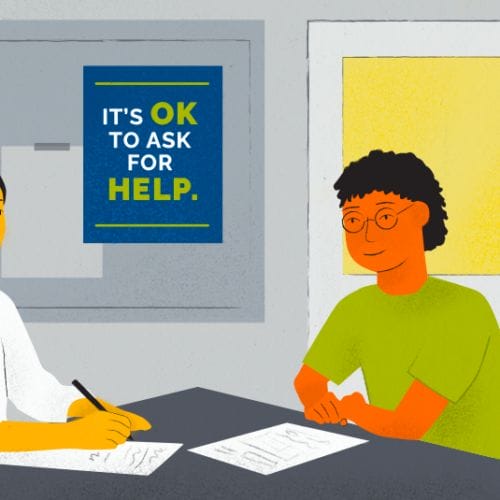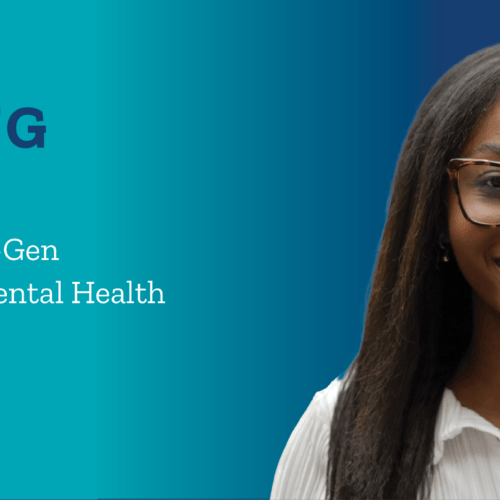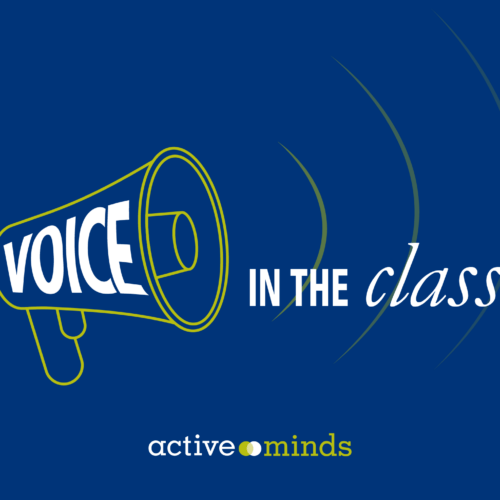No student wants to struggle in school, yet many do, most of the time at no fault of their own. Different diagnoses, conditions, and disabilities, both mental health-related and physical, can strain a student’s ability to succeed in an educational setting. Everyday tasks such as keeping up with the workload, understanding content, and staying productive and attentive can be more difficult for those living with mental illnesses, such as depression, anxiety, or bipolar affective disorder.
If you are a student living with a mental illness, your rights to reasonable accommodations are protected under the Americans with Disabilities Act and Section 504 of the Rehabilitation Act of 1973. Under those two federal laws, mental illnesses that limit one or more major life activities (i.e. learning, thinking, sleeping, or interacting with others) for an individual are considered disabilities. These mental health-related disabilities can impact your performance at school; therefore, it’s important to learn about the accessibility options available in your classroom or on your campus.
Educational accommodations support students with disabilities with varying parameters that allow them to perform better and achieve success in school. Two primary examples of educational accommodation plans for K-12 students include IEP (Individualized Education Plan) and 504 plans. IEP plans permit students access to special education services whereas 504 plans provide accommodations in general education classes. Some examples of accommodations these plans allow are the use of digital tools, the ability to take assessments in an alternative setting, sensory tools, more time to complete assignments, breaks, note-taking support, and more.
Once students arrive in college, the primary way that accommodations are provided is through student accessibility centers. If you need accommodations at any point in your college career, know that you’re not alone – studies show that one in five college students live with a disability, and 60% of college students are currently living with a mental health disorder. Additionally, you shouldn’t have to fear that your disability will impact your belonging or success at school, as it is illegal for U.S. colleges and universities to discriminate against people with disabilities and they are also required to provide accommodations when needed. While there are legal protections in place for students with disabilities, some may still feel internal or interpersonal shame in needing accommodations. We’ll say it loudly again: your mental health struggles are valid, and there’s no shame in seeking help.
If you or someone in your life think they can benefit from an educational accommodation plan or assistance at their college or university, we encourage you to look into how you can get started. Remember you are not alone. This can feel like a complex process for those who haven’t yet navigated it. To get you started, here are three critical steps for obtaining accommodations for mental health-related disabilities that have an impact on your academic performance or your ability to function properly at school:
- Do your research: There is a lot of information out there about classroom accommodations for students with disabilities, including psychiatric disabilities. It’s important to look into this research, read articles, watch videos, examine resources, and see what resonates with you. You may find that an accommodation plan may not be right for you or you may find that there is a specific plan that would work best. Knowing yourself and your options is important for your mental health and educational success.
- Reach out to a family member or medical professional: Talking to a family member or medical professional may support you in this process. A primary care doctor or therapist may have more knowledge about your options and what solution would be best suited for you. A family member may have past experience or knowledge that could be helpful. It is also nice to feel support from your family and friends in this process – seeking accommodations isn’t something to be embarrassed by, and having a trusted support network can make navigating the process more manageable.
- Take it to the school and stay connected with a teacher, professor, or faculty member: Now that you have knowledge and support, take it to your school. Talk to a teacher, professor, or faculty member and explain your desire for accommodation. From there, they can best direct you to an administrator that can guide you through the process. Stay connected with these teachers, professors, or faculty members, and keep them updated on your journey. As your educator, it’s important they know how they can best support you!
Educational accommodation plans are key to supporting students with mental health-related disabilities school-wide and we encourage you to use them if needed. Today, on International Day of Persons with Disabilities, we encourage you to evaluate your needs and spread the word to others. It is courageous to take care of your mental health and ask for accommodations when needed!







